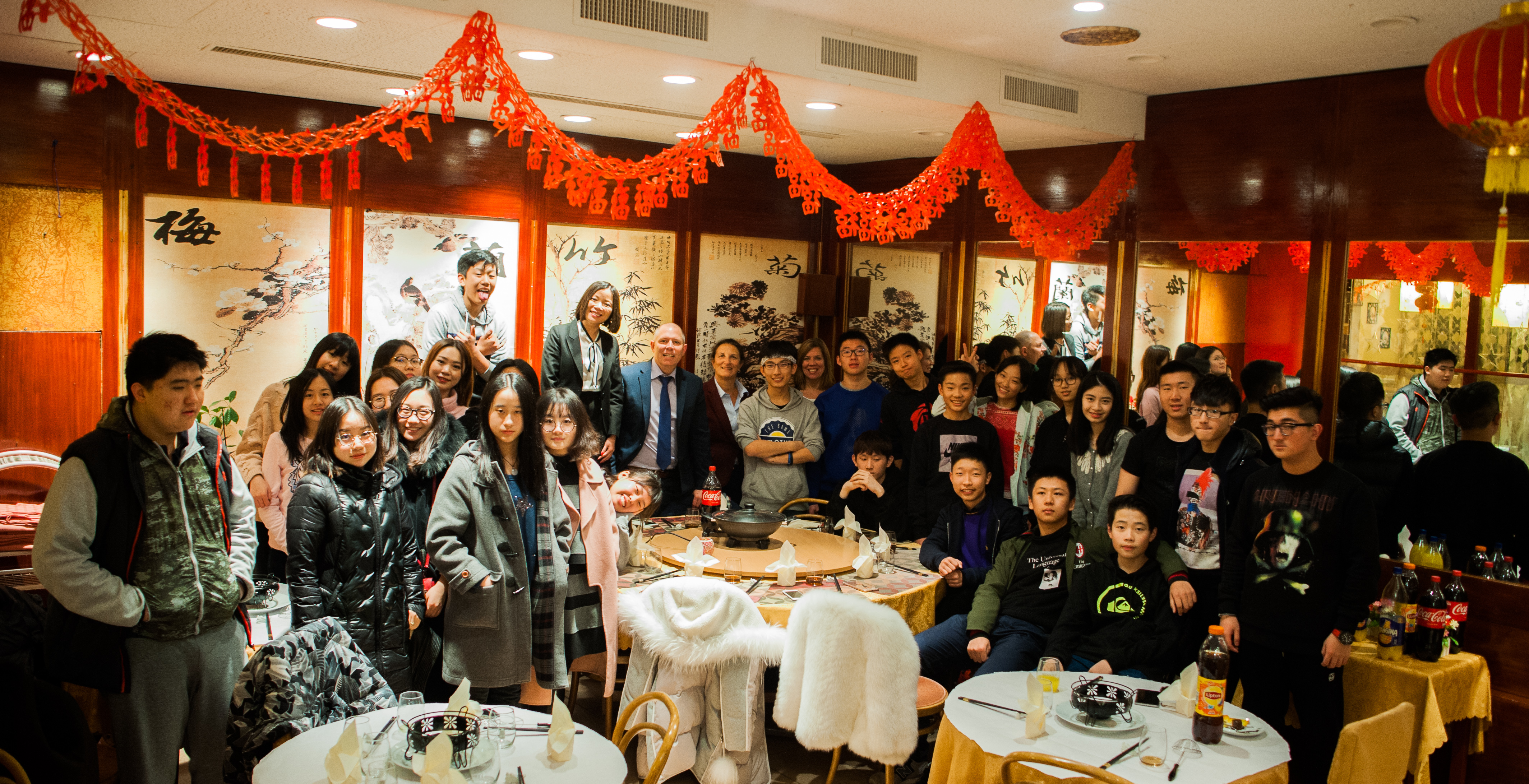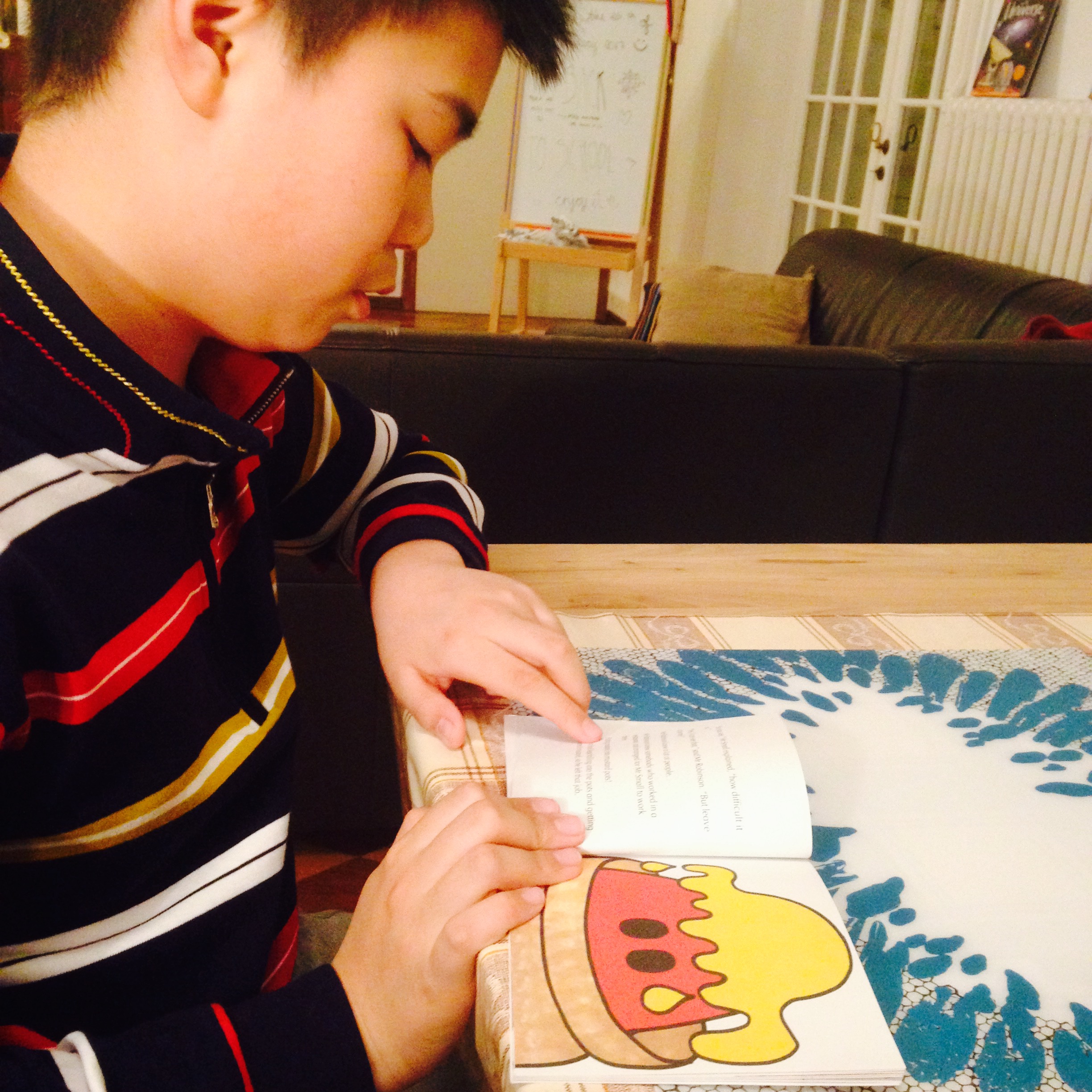Author Archives: salvatore
Hi Everyone!
Welcome to Champs des Bois Zihao!
Welcome Agastya!
The different meanings of the name Agastya are:
- Sanskrit meaning: Mountain thrower
- Indian meaning: Mountain thrower
“People with this name tend to be quiet, cooperative, considerate, sympathetic to others, adaptable, balanced and sometimes shy. They are trustworthy, respecting the confidences of others, and make excellent diplomats, mediators and partners. They are often very intuitive. They like detail and order, and often find change worrisome. They may sometimes feel insecure or restless.”
…not bad…
Swimming!
We Love Our Mr Men Collection!
10 Philosophical Questions Children Should Ask!
1. How should we treat animals?
Is it possible that some animals (dolphins, chimps, birds, dogs etc) have sophisticated languages that we aren’t able to interpret YET? (But we might be able to in the future.) Imagine ordering a burger if you could understand what a cow was saying or thinking? Animals might not “think” in the way we do because they experience the world differently, but does this mean they are not equal to us? Is it our responsibility to look after all species as well as our own?
I do not understand the human race,
Has so little love for creatures with a different face,
Treating animals like people is no madness or disgrace,
I do not understand the human race.
– Dr Doolittle
2. What is love?
If everyone loved everyone would the world be a better place? What different kinds of love are there? (I don’t, for example, love peanut butter the way I love my sisters, so there must be more than one kind) Obviously. Most people from philosophers to pop stars are fans of love as a positive force in the world – it’s good to remember to tell those we love that we love them and why. Ask yourself what you mean when you say you love someone or something and how it makes you feel? Would loving your enemy, as hard as that is, make them your friend? If everyone did that, what would happen?
Piglet “how do you spell love?”
Pooh: “you don’t spell it you feel it.”
– Winnie The Pooh
3. Is everything connected?
Thinkers from all ages and countries have discussed the idea that we are all connected and that everything we do affects everything else – what do you think about this? Imagine if you dropped a piece of litter by accident – what might happen to it? What might happen to that piece of litter/what might it become if you recycled it? What might the story of that piece of litter be?
When we die our bodies become the grass, and the antelopes eat the grass. So we are all connected.
– The Lion King
4. Can kindness change the world?
Karma is the idea, put very simply, that if you act well, things will be good, and if you act badly, things will be bad. Do you agree with this? Is it good to be kind all the time to everyone? What do you think would happen if everyone did this? Think about how kindness makes you feel. Is it more important to be kind to yourself or to others, or is it of equal importance? Think about the effect of kindness and unkindness on the world.
No act of kindness, however small, is ever wasted.
– Aesop
5. Can I think myself happy?
Does focusing on happiness make you happy? Is it possible to “think” yourself into being happy all the time by positive thinking?
Try keeping a happiness diary and record one thing every day you thought was beautiful, one thing that made you happy, and one thing you are thankful for. Notice how it makes you feel and behave.
Don’t cry because it’s over, smile because it happened.
– Dr Seuss
6. What is so great about the world anyway?
A good question, and one that can be difficult to answer while we’re dashing about everywhere, too busy to just notice lovely stuff. Go outside and ask these questions to help you focus on the beauty of the word and just be present:
What can you see in the clouds? (The shape of an elephant? A man with a beard?) How many colours can you see around you? What can you hear close by? What can you hear far away? What can you smell? If you close your eyes, what do you feel on your face and on your hands?
Those who don’t believe in magic will never find it.
– Roald Dahl
7. What’s the difference between grown ups and children?
Do grown-ups have all the answers? Do kids sometimes know stuff too? Kids are inquisitive, always checking how things work and how they come apart, and kids know how to muck about and be silly, a very important part of life. Some grown ups forget how to do that. Ask yourself what grown ups can learn from kids and visa versa.
All grownups were children first, but few remember it.
– The Little Prince
8. What is friendship?
Why is it important? One reason we choose our friends is because we like doing the same stuff as them, but would it be better to have friends who are different to us we can learn stuff from? Is it possible to become friends with an enemy? Or someone very different like Wilbur (a pig) and Charlotte (a spider).
You have been my friend. That in itself is a tremendous thing.
– Charlotte’s Web
9. Are the best things in life free?
Things like friends, family and good memories are free but other stuff, like trainers and video games, are quite expensive. Think about the truth of this statement and what great things you can get for free, and what things you can give for free, like your time and your attention. These things are hard to get off people these days.
The best things in life are free.
– Anon
10. Can one person change the world?
Given the gloominess of the news, you’d be forgiven for thinking that there’s not much point in doing anything much, and that anything you do won’t make a difference. What about if you just try to make a difference in your tiny bit of the world? There are loads of kids who have done just that and changed laws and lives. Ask yourself what change would you like to see in the world? Then- how can you go about making it happen?
Unless someone like you, cares a whole awful lot, nothing is going to get better, it’s not. – The Lorax
























